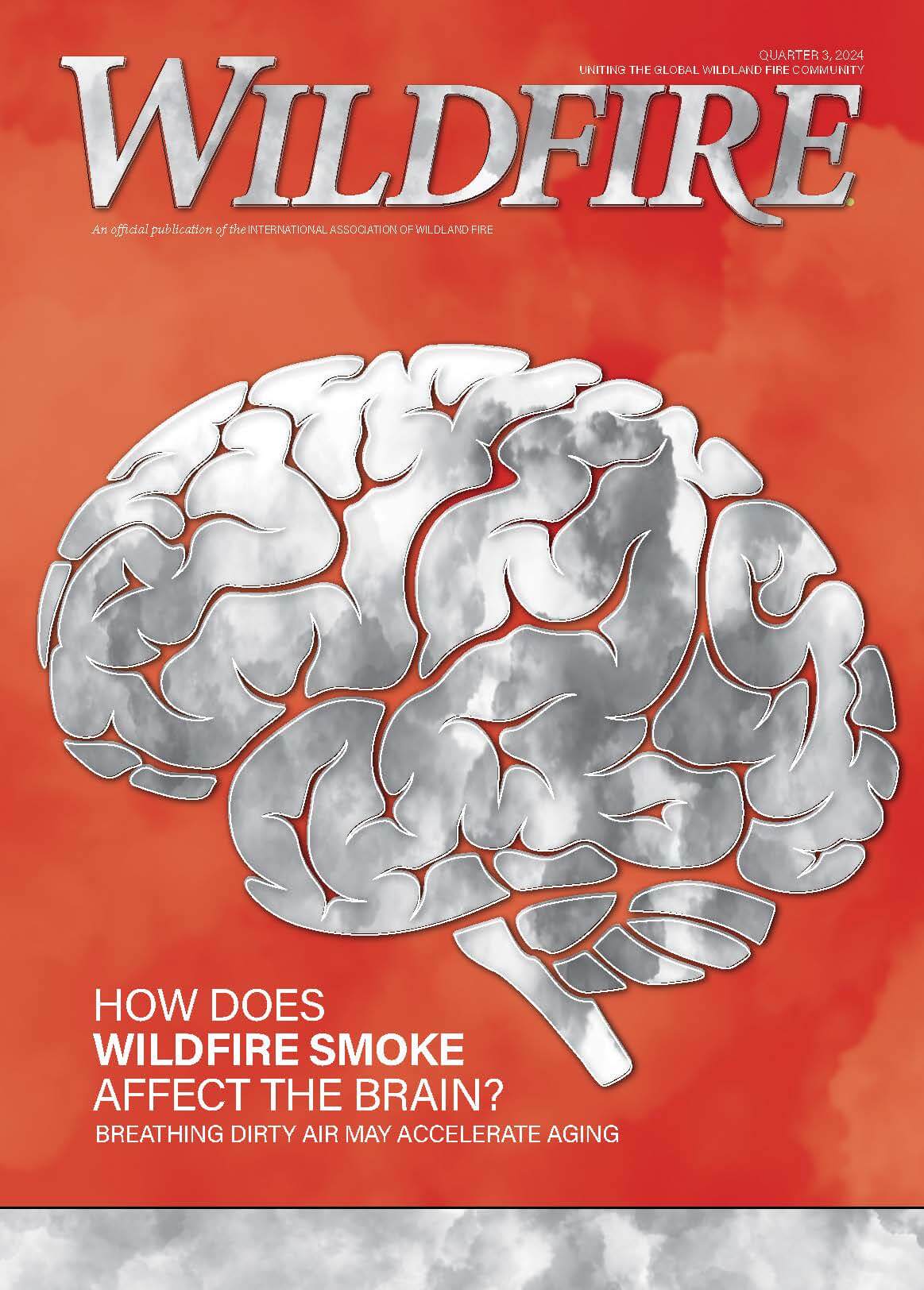IAWF WELCOMES NEW BOARD MEMBERS
KELLY MARTIN BECOMES PRESIDENT
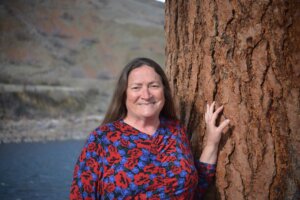 Kelly Martin has been an IAWF board member since 2019; she retired in 2019 as chief of fire and aviation, Yosemite National Park, National Park Service, Pacific West Region.
Kelly Martin has been an IAWF board member since 2019; she retired in 2019 as chief of fire and aviation, Yosemite National Park, National Park Service, Pacific West Region.
Kelly graduated from Northland College in Ashland, Wisconsin, with bachelor’s degrees in outdoor education in 1986 and technical fire management in 1996. Kelly began her federal career as a GS-3 with the Apostle Island National Lakeshore in 1984 while attending college and worked her way up through the wildland fire ranks during her 34-year career.
Her federal wildland fire career spans the National Park Service and the US Forest Service, having worked in six states. She has worked on helicopter modules as an assistant foreman and manager; Redding Hotshot crew in 1991; fuels and prescribed fire crews as a type 1 complex burn boss, fire behavior analyst on type 1 and type 2 teams since 2006; operations section chief and operations branch director since 2014; and held several career leadership positions as a fire management officer (Moab, Utah; Carson City, Nevada; Placerville and Yosemite, California) on complex fire units since 1996.
Kelly is the past chair of two National Wildfire Coordinating Group (NWCG) programs: Fire Environment Committee (FENC) and the National Fire Management Leadership (M-582) course. Kelly maintains a diverse skill set as a field practitioner in prescribed fire and wildfire management focusing on increasing the wise use of applied fire on large fire-adapted ecosystems for forest health and resiliency especially due to drought, tree mortality and climate change.
Kelly is a strong advocate for diversity, inclusion and gender parity throughout the wildland fire community. Her most recent efforts include providing leadership for the Women in Fire Training Exchange (WTREX) since 2016; WTREX is a highly successful grassroots program that promotes practical wildland fire skills and networking opportunities for women and men.
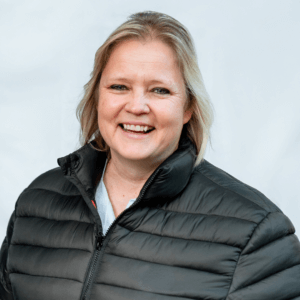 Claire Lötter has been the CEO of the Volunteer Wildfire Services NPC, the largest non-profit wildfire firefighting organisation in Southern Africa, since 2021. She completed her MBA in New Mexico after having completed degrees in cost accounting and business administration and, more recently, an applied directorship program.
Claire Lötter has been the CEO of the Volunteer Wildfire Services NPC, the largest non-profit wildfire firefighting organisation in Southern Africa, since 2021. She completed her MBA in New Mexico after having completed degrees in cost accounting and business administration and, more recently, an applied directorship program.
Claire is recognised for her adept leadership in streamlining and growing predominantly engineeringbased organisations and, more recently, turning her skills to the non-profit domain.
Her professional journey has been marked by pioneering efforts, which have served her well in the realm of wildland fire fighting, reflecting a keen commitment to environmental conservation.
As the CEO, Claire has solidified the VWS as the most distinguished firefighting organisation recognised within the non-profit sector. As a privately funded non-profit with more than 350 volunteers spread across four strategically situated bases throughout the Western Cape and growing, Claire is the anchor to aligning the VWS services with strategic partners, which includes the Provincial Disaster Management Centre.
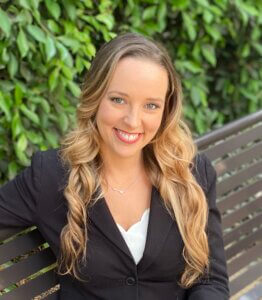 Dr. Amber Lynn Scott is an assistant professor of organizational communication in the Department of Communication, College of Communication and Information at University of Kentucky. She studies organizational communication, group communication and high reliability organizations and teams.
Dr. Amber Lynn Scott is an assistant professor of organizational communication in the Department of Communication, College of Communication and Information at University of Kentucky. She studies organizational communication, group communication and high reliability organizations and teams.
Prior to joining academia, Amber Lynn had a diverse career in media and public relations and served as an active-duty public affairs officer in the U.S. Navy.
Her recent publications have appeared in Small Group Research, Management Communication Quarterly, Communication Teacher, and Communication, Culture and Critique.
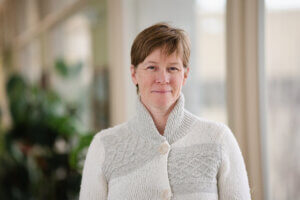 Dr. Tamara Wall is a research professor at the Desert Research Institute in Reno, Nevada, the co-lead of the Climate Center Group at DRI, and is the lead principle investigator for the California Nevada Adaptation Program (part of the national NOAA-sponsored Climate Adaptation Partnerships/Regional Integrated Sciences and Assessments network).
Dr. Tamara Wall is a research professor at the Desert Research Institute in Reno, Nevada, the co-lead of the Climate Center Group at DRI, and is the lead principle investigator for the California Nevada Adaptation Program (part of the national NOAA-sponsored Climate Adaptation Partnerships/Regional Integrated Sciences and Assessments network).
Tamara has worked extensively with stakeholders in California, Nevada, and other regions of the west in coproduced climate science projects for 12 years.
Her research focuses on qualitative and quantitative social science research in climate information use by stakeholders, understanding the process of climate information dissemination and utilization for climate resiliency and adaptation in natural resource management agencies, and public and agency use of fire weather forecasts and fire behavior/fire danger information.
Tamara has extensive expertise and training in organizational development, facilitation, graphic recording, workshop and meeting design.
Recent work has focused on developing expertise in applying change theory to better support mixed research/practitioner teams address the evolving dynamics among research, social processes, and climate change adaptation actions.
